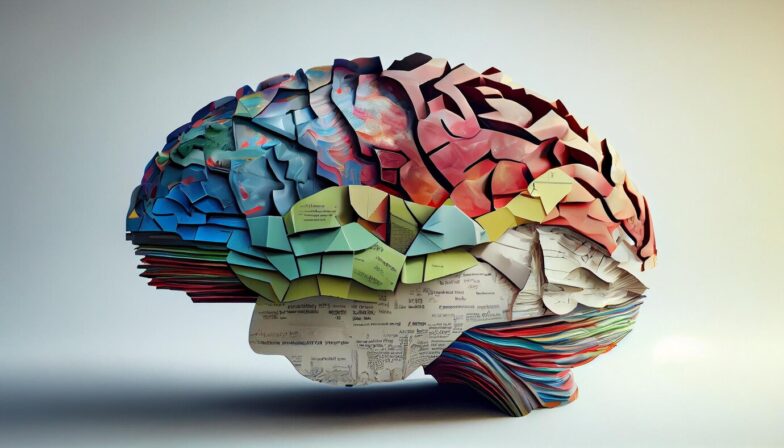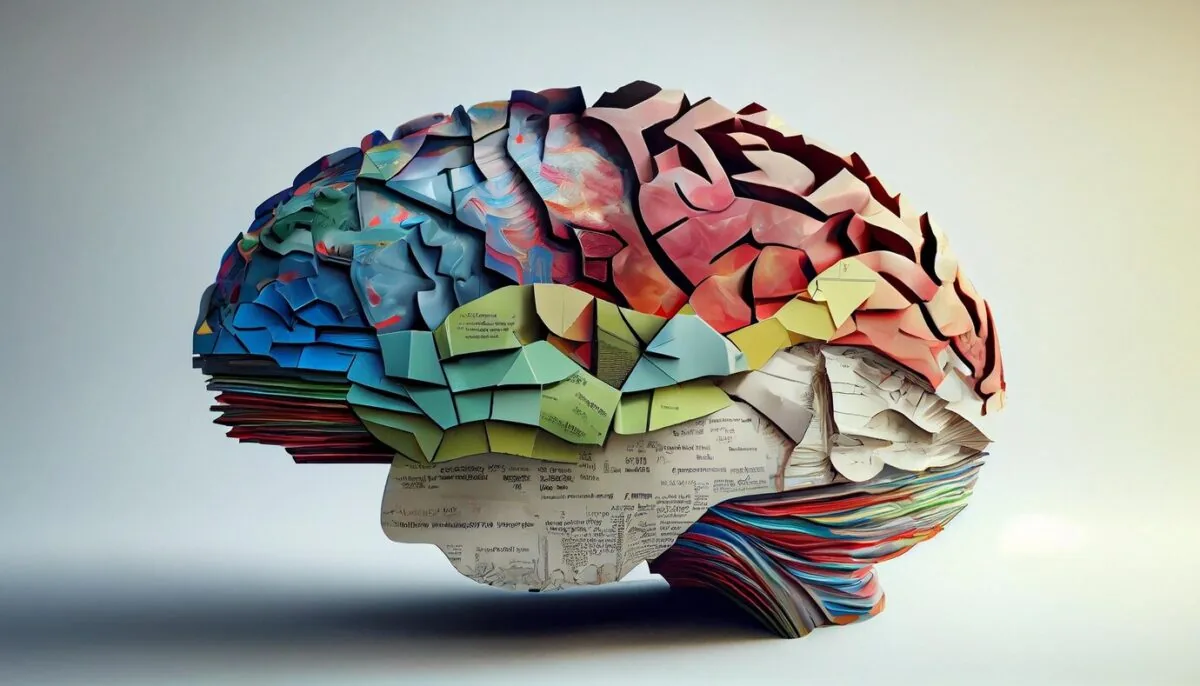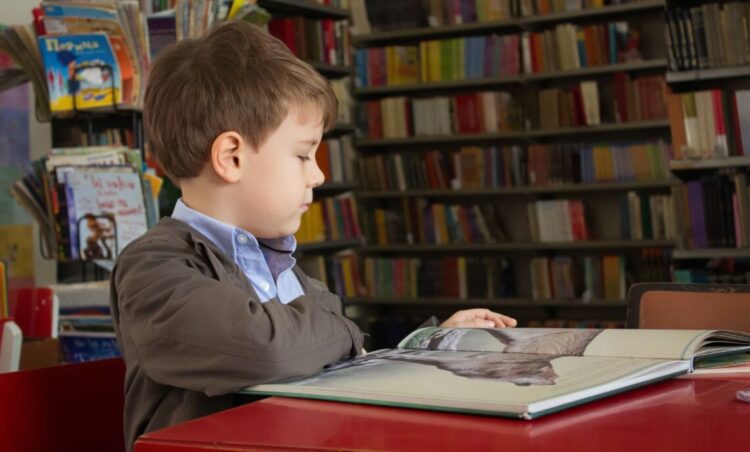Understanding and Identifying Signs of Neurodivergence in Young Children


Written for Only About Children by Dr Kaylene Henderson, Child Psychiatrist and Parenting Expert
Firstly though, here’s a quick overview of some of the language you’re likely to come across as you explore this topic:
- Neurotype = refers to the natural variation in the human brain that has existed across time
- Neurotypical children are those who think, perceive situations and behave in ways that are considered by our society to be ‘typical’
- Neurodivergent children are those who fall outside of this neurotypical definition; those whose brains are different (certainly not worse, or less than, but different) from their ‘neurotypical’ peers. For example, you might see autistic children or those with ADHD or dyslexia etc described as neurodivergent.
Keep in mind though, that since our children are all wonderfully unique humans with varying interests, strengths, personalities, life experiences, cultural context (and a whole lot more), there’s simply no ‘one-size-fits-all checklist’ to help us identify these differences.
Neurodivergent children also experience varying degrees of struggle as a result of these differences. At the end of the day, if we notice that our children are struggling for ANY reason (including those unrelated to this topic), we shouldn’t hesitate to seek help for them. Of course, when those struggles or challenges relate to neurodivergence, this understanding and advocacy might be a little easier if we, as parents, also identify as neurodivergent. After all, autism and ADHD often run in families.
That said, some parents feel reluctant to acknowledge developmental differences in their children in the hope that these will somehow disappear, but our children are simply too young to ask for help on their own and part of our role as parents is to ask questions, seek out understanding and enlist support on our children’s behalf when needed. When we seek this clarification and help early, we’ll either discover that our child’s neurotype/development is considered ‘typical’ and doesn’t warrant further exploration or we might learn that our child might benefit from the support of specialists, therapists or other helpers, in which case we can take those next steps alongside them. Either way, it’s worthwhile.
Ultimately, our role is to get to know each of our unique children, nurture their strengths and help them when they’re struggling, while ultimately, guiding them towards greater self-understanding as they grow.
Now I mentioned earlier that examples of neurodivergence include autism, ADHD and dyslexia. Of these, dyslexia is often picked up a little later, when children start primary school, but here is a quick outline of Autism and ADHD signs that may be present in younger children.
Autism
Remember, our young children are all different, but some of the developmental differences you might notice include:
- Avoidance of eye contact
- Delayed or unusual speech
- Differences in play – for example, a child might engage in less imaginative play; or prefer solitary play; or focus on specific parts of items/toys; or engage in repetitive or restricted play, such as lining up or categorising items
- They may find it harder to read social/nonverbal cues or the intentions of others
- Motor challenges or delays are sometimes seen, for example, differences in the way a child walks (for example, on their tiptoes) or relating to their coordination (eg clumisiness) and/or fine motor control
- May struggle with transitions or changes in routine more than their peers
- Sensory sensitivities/differences are common, and in young children, these can sometimes cause issues relating to feeding and/or toileting
ADHD (Attention Deficit Hyperactivity Disorder)
There are three presentation ‘subtypes’ that are traditionally recognised with ADHD:
- Hyperactivity (how physically ‘on the go’ your child is)
- Impulsivity (whether your child stops before they do things or whether they just jump in), and
- Inattention (that is, how distractible your child is)
It’s also common for children (and adults of course) with ADHD to have a combination of all three. Of course, ALL of these features are seen in ALL young children at least SOME of the time.
The difference in children with ADHD is that these behaviours occur to a much greater extent when compared with other children their age and, importantly, they have a big impact on their daily lives.
Again, while this can vary, some features in preschoolers might include:
- Disliking or avoiding activities that require paying attention for more than 1-2 minutes
- Losing interest and starting another activity after only a couple of minutes
- Talking a lot more or making more noise than other children of the same age
- Requiring constant reminding or redirection
- Frequently losing their belongings or forgetting where they’ve put things
- Being frequently restless or fidgety – wanting to constantly kick or jiggle feet or twist around in their seat; or being unable to sit still for more than a couple of minutes
- Climbing on things when asked not to, or seeming to get into dangerous situations more often than their peers
- Perhaps hurting their playmates and/or being injured (e.g. broken bones / stitches) because of moving too fast/running when they’ve been told not to, or reacting impulsively
Thankfully there’s a much better understanding around neurodiversity than there used to be (along with a whole lot of wonderful picture books available on the subject now too – but that’s a topic for another time!)
At the end of the day, irrespective of neurotype, our role as parents is simple – to respect, understand, guide, delight in and celebrate each of our wonderfully unique children.
Dr Kaylene Henderson is a highly trained, Infant, Child and Adolescent Psychiatrist, one of Australia’s leading parenting experts and a grateful mother of three. She is also a trusted professional development provider for the early childhood education sector and a sought-after media contributor and conference speaker.
In her warm and relatable style, Kaylene shares practical, research-based advice with parents and professionals alike in the hope that together, we can bring out the best in the children for whom we all care.
Some more informative reads from Dr Kaylene Henderson:
Anxiety In Children | Only About Children (oac.edu.au)
Talking to Young Children About Death, Grief and Loss
Only About Children can help your child to grow, make friends and explore the world.
Only About Children can help your child to grow, make friends and explore the world.
Related Reads


Advice For Selecting The Best Primary School For Your Child
Starting school for the first time is a huge moment in the life of your child, but also for you and your family! Finding the school that is the right fit for your family can be the first hurdle in this process. Here are some helpful tips to ensure that you choose the school that is the right one for you and your child:

The 5 Biggest Changes Starting “Big School”
The change from a prior to school setting to a primary school setting can be daunting and take some getting used to in the early weeks and months of your child starting. Here are some of the 5 biggest changes to expect when moving to primary school
